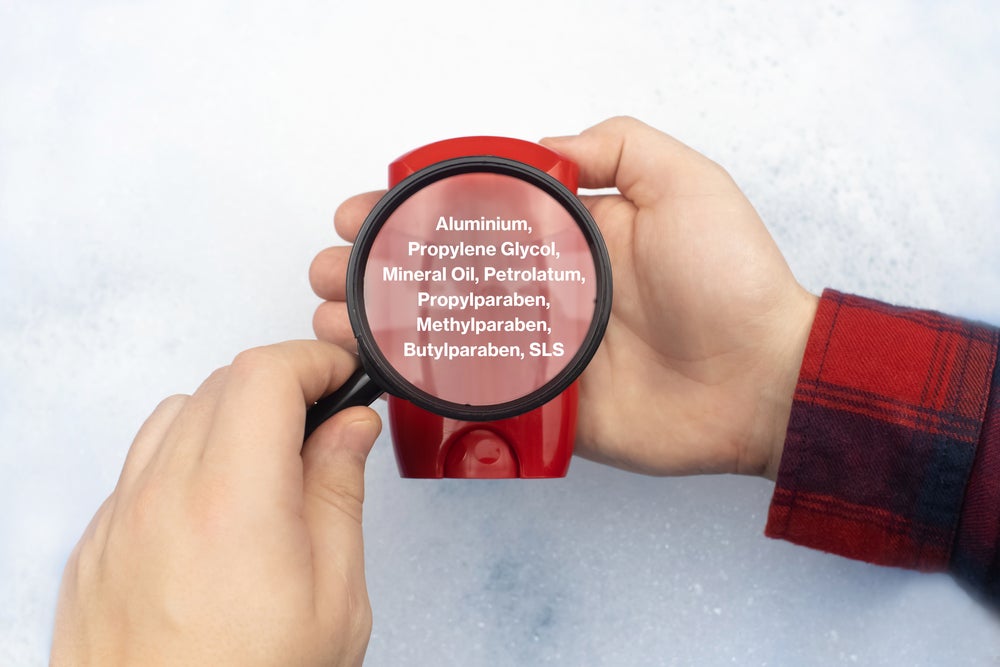
In a major investigation conducted by Greenpeace, alarming levels of toxic chemicals have been discovered in a wide range of popular household products, raising concerns about their impact on human health and the environment.
The findings, detailed in the report titled “Forever Toxic: Unveiling the Hidden Dangers,” shed light on the pervasive use of harmful substances and call for immediate action to safeguard consumers and the planet.
Disturbing presence of hazardous chemicals
Greenpeace’s investigation focused on various everyday products commonly found in households, including personal care items, cleaning agents, and children’s toys.
The report reveals that numerous well-known brands contain chemicals that pose serious risks to human health and the environment.
Chemical analyses conducted on these products unveiled the presence of toxic substances such as phthalates, bisphenols, and per- and polyfluoroalkyl substances (PFAS).
These chemicals have been linked to a range of adverse health effects, including hormonal disruptions, reproductive issues, developmental disorders, and even certain types of cancer.
What is particularly concerning is that these hazardous substances can leach into the air or contaminate water sources when products are used, discarded, or improperly disposed of.
This poses a significant threat to both human populations and ecosystems, contributing to pollution and potentially exacerbating climate change.
Urgent action required to protect consumers and the planet
Greenpeace’s report underscores the need for immediate action to address the presence of toxic chemicals in household products and mitigate their detrimental effects on public health and the environment.
The organisation calls on governments, regulatory agencies, and manufacturers to take several crucial steps:
Strengthen regulations: Governments should establish stricter regulations that enforce the phase-out of hazardous chemicals in consumer products. It is imperative to prioritize the health and well-being of individuals and ecosystems over corporate interests.
Promote transparency: Manufacturers must disclose the ingredients used in their products and adopt clear labelling practices, allowing consumers to make informed choices. Transparency encourages responsible consumption and holds companies accountable for the substances they introduce into the market.
Invest in safer alternatives: Industries should invest in research and development of safer, non-toxic alternatives to replace hazardous chemicals in household products. Encouraging innovation will lead to the creation of environmentally friendly alternatives that safeguard human health and reduce the overall ecological footprint.
Support circular economy: Governments, businesses, and consumers should collectively promote a circular economy, emphasizing product reuse, recycling, and responsible waste management. This approach minimizes the release of toxic substances into the environment and reduces the need for raw materials extraction.
The presence of toxic chemicals in everyday household items demands urgent attention and concerted efforts from all stakeholders. Greenpeace’s report serves as a wake-up call, highlighting the necessity of robust regulations, transparency, innovation, and sustainable practices to protect both consumers and the planet.
It is time for swift and decisive action to eliminate these harmful substances from our homes and our lives.




